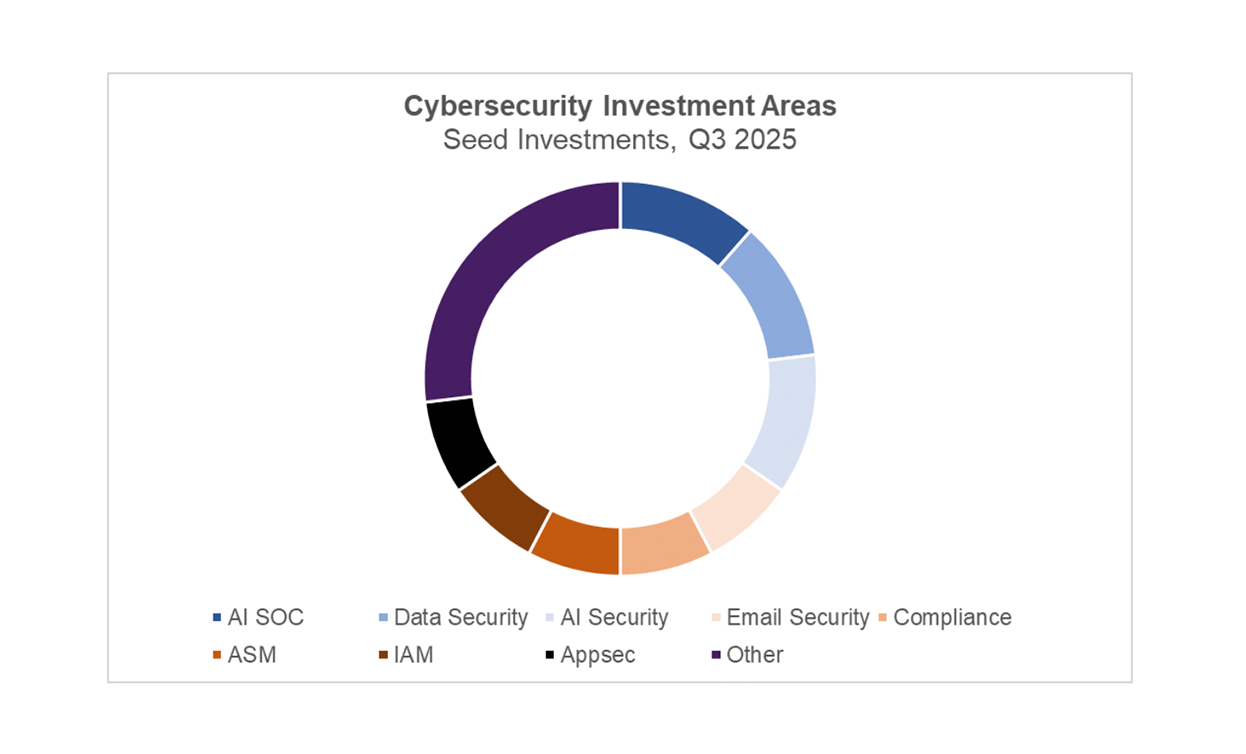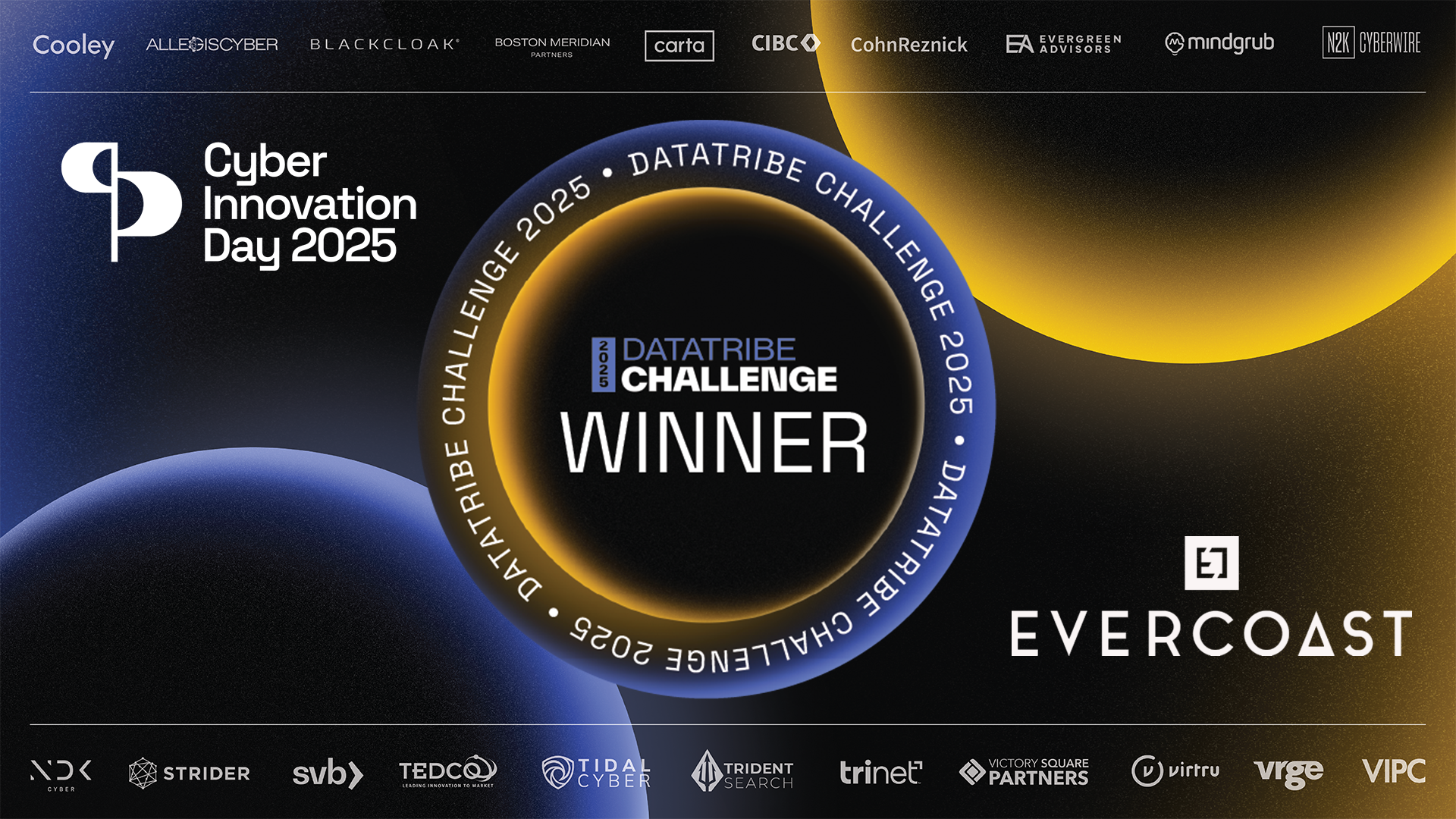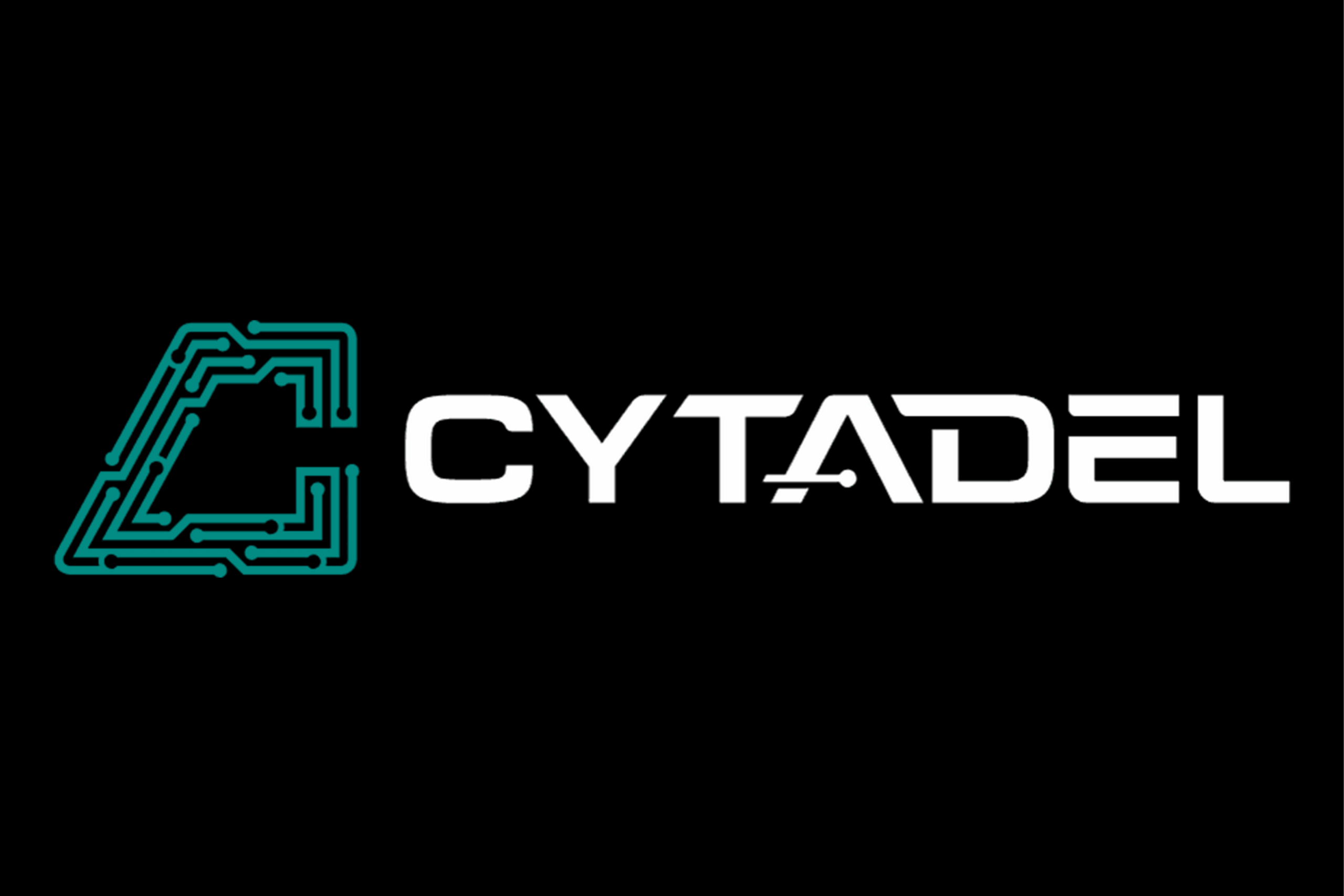About Evercoast
Evercoast provides both the data and simulation layer necessary for building autonomous physical systems. Their platform enables the capture, processing, and streaming of 4D spatial intelligence data and the generation of synthetic datasets rooted in ground truth.
Q: Tell us about your background.
I’ve spent my career building companies at the intersection of advanced computing, imaging, and data science. Before founding Evercoast, I led multiple ventures bringing frontier technologies from research to commercial deployment, with customers across media, healthcare, and defense. Evercoast’s team combines backgrounds in computer vision, AI, and cloud infrastructure, and we’ve delivered large-scale multimodal systems for the Olympics, the U.S. Department of Energy, U.S. Air Force, and several major university and technology partners. We’re builders, engineers and scientists focused on solving hard physical-world data problems that sit at the edge of AI, simulation and robotics.
Q: Tell us about your business/idea.
More than 11 billion cameras and sensors are deployed every year to capture real-world data for simulation, robotics, and automation. It’s a mess. Teams struggle with fragmented tools, incompatible formats, and disjointed APIs, creating siloed data, blind spots, and security vulnerabilities that expose real physical risk.
Evercoast unifies these inputs into one platform for spatial intelligence. We make it easy to control and fuse multimodal sensor data (visual, depth, IR, LiDAR, motion, and beyond) into coherent models that capture spatial relationships, environmental context, temporal dynamics, and human-machine interactions.
As physical systems grow more autonomous, Evercoast provides the data and simulation layer ensuring those systems learn safely, operate reliably, and remain secure even under adversarial or cyber-physical conditions.
We’ve also amassed one of the world’s largest multiview human datasets in the world, providing an AI training foundation for our own proprietary generative model. Its purpose is to use real-world data as the basis for synthetic variation rooted in ground truth.
Q: What was the original inspiration for your company/product?
We actually began by solving a creative problem: 4D video. But over time, our work with robotics and AI teams revealed a far more urgent need: the lack of real-world, high-fidelity spatial data for training embodied AI. Synthetic data alone can’t replicate the nuance of real human interaction or the physics of complex environments.
We realized our 4D spatial capture technology could fill that gap, enabling not only more realistic simulation but also safer, more robust, and more secure AI systems.
Q: What’s your vision for the future … “What will the market you are pursuing look like in 5-10 years?”
In the next decade, the world’s most important infrastructure will be cyber-physical with robots, digital twins, and AI agents operating autonomously in the real world. These systems will require constant simulation, testing, and retraining using trustworthy real-world data.
The market will rapidly consolidate around platforms that bridge real-world sensor data, simulation environments, and AI training pipelines. Industries like manufacturing, logistics, energy, and defense are already deploying autonomous systems at scale, creating urgent demand for secure, high-fidelity data pipelines that connect the physical and digital worlds. Evercoast is building the foundation of that market with the spatial data layer that enables safe, resilient, and continuously improving cyber-physical systems.
Q: How does your business address pressing cyber and data challenges for the commercial sector?
Cyber-physical security is a fast-emerging frontier where attacks on robots, autonomous systems, and digital twins manifest in the real world. Evercoast’s 4D spatial data platform enables AI and robotics teams to simulate, train, and test against these threats, including sensor spoofing, unsafe robotic motion, and human–machine interaction anomalies.
Our datasets and simulation environments can be used to stress-test AI systems under adversarial conditions, providing ground-truth for model validation and resilience. This aligns with the goals of DARPA, CISA, and NIST to secure the next generation of AI-driven physical systems. In short, Evercoast builds the data and simulation layer that helps secure the interface between humans, machines, and the real world.
Q: What attracted you to the DataTribe Foundry? Why did you choose to participate in the DataTribe Challenge?
DataTribe sits at the exact intersection where we operate in deep technology, advanced data structures, and AI-driven cyber security. We’re drawn to the Foundry’s focus on turning technical breakthroughs into companies that protect and empower critical infrastructure.
Our work parallels the DataTribe thesis on the convergence of cyber and data science: using advanced data capture and modeling to harden AI systems and safeguard the digital-physical frontier. We see DataTribe as an ideal partner to help scale Evercoast from a high-performance R&D platform into a global provider of secure, simulation-grade spatial data infrastructure.
Q: What’s your long-term vision for your business?
We see a world where every autonomous system, from industrial robots to defense platforms, is trained and validated with secure, high-quality spatial ground truth from the real world.
By bridging the gap between the physical and digital worlds, Evercoast will help ensure that the AI systems guiding the next generation of machines are not only intelligent but also trustworthy, safe, and cyber-resilient.





